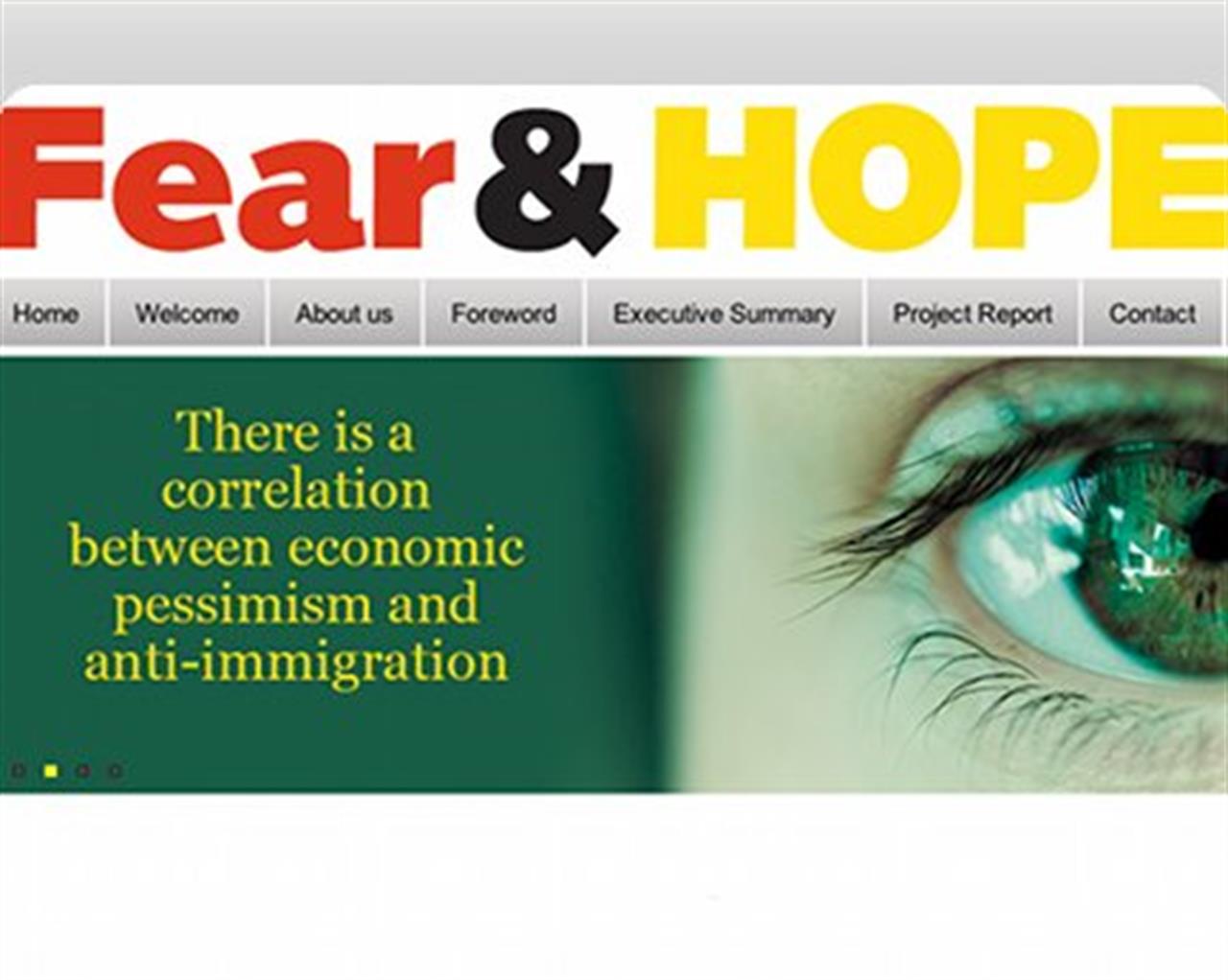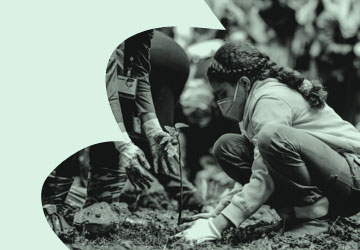Cooperazione & Relazioni internazionali
UK: Fear, hope and identity
A new report is being dubbed as the most in depth survey into attitude, identity and extremism to date

All is not well within Britain’s multiracial society. Although these words echo those pronounced by British prime minister David Cameron in February, during his controversial speech at the Munich Security Council, this time they are not his but those of a British charity called the Searchlight Educational Trust. The SET has just published a report,Fear & Hope, which captures the attitudes, faith and identity of British society today and explores the level of fear, hate and hope felt by British people.
Cameron is adamant that state multiculturalism has failed in Britain. The SET report, which is based on findings drawn from a 91 question survey of 5 thousand people, tends to agree, saying that “there is not a progressive majority in society” and there is “a deep resentment towards immigration as well as scepticism towards multiculturalism”. The report, however, also indicates that there are signs of hope, such as the fact that 60 per cent of respondents believed that positive approaches like community organising and education were key to defeating extremism in communities and that political violence is strongly opposed by the vast majority of society.
The survey, which was commissioned to the Populus polling organisation, found that Britain is divided into six “social tribes”:
The “identity ambivalents”. This group represents 28 per cent of the population and is made up of people who are mainly concerned about their economic security and social change. They tend to come from less affluent backgrounds, including black ethnic minority groups and although tend to identify with Labour could, according to the report “be pushed further towards the right unless mainstream political parties tackle the social and economic insecurity which dominates their attitudes”.
The “cultural integrationalists”. A tribe made up of 24 per cent of the population, is older and more prosperous and tends to identify with the Tories. Their concerns tend to lie with the willingness of immigrants to integrate.
The “mainstream liberals”. This tribe, which is made up of 16 per cent of the population, is educated and sees immigration as a positive factor.
The “active enmity” tribe. The people in this group, who represent 13 per cent of the population, tend to be unskilled and unemployed and are hostile towards all ethnicities and religions that are not their own.
The “latent hostiles”. A tribe, made up of 10 per cent of the population, that is older and most likely not educated to university level. In their opinion, immigration has undermined British culture, public services and economic prospects, says the report.
The “confident multiculturalists”. This tribe is the smallest and is made up of 8 per cent of the population and of people who are likely to be university graduates. They are entirely comfortable with Britain’s multiculturalism and are more enthusiastic than the mainstream liberals.
Fear, hate and hope in Britain
“It is not happy reading”, reads the executive summary of the report; it “shakes the confidence of those who believe that all is well in Britain’s multicultural society,” reads the conclusion. A widespread fear of the “Other”, especially of Muslims, is identified and an “appetite” for a new right wing political party has been found, albeit not one that is violent or reminiscent of fascism. Indeed, the report finds that while Britain has not experienced the successful far right parties that have swept across mainland Europe, this is not because British people are more moderate but simply because “these views have not found political articulation”.
On a more positive note, this report is not to be seen as more than a snapshot. “Of course, attitudes and identities are fluid and multilayered,” explains one of the authors of the report, Nick Lowles. Attitudes that are held today may not be held tomorrow and some of the findings indicate that young people are more likely to change their attitudes in the future, especially if the economic situation improves.
However, SET warns that the Fear and Hope survey proves that the challenge ahead lies in ensuring that fear, caused by economic and social instability, does not turn into hate.
Find out more: www.fearandhope.org.uk

